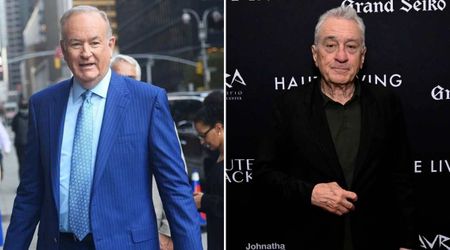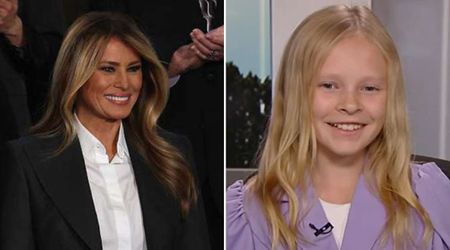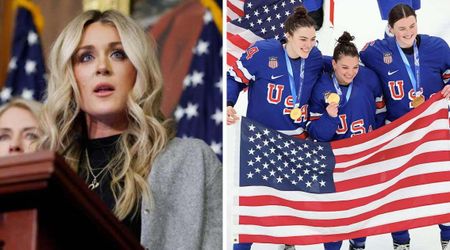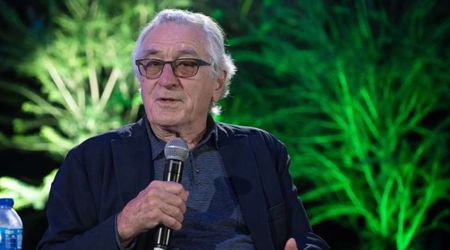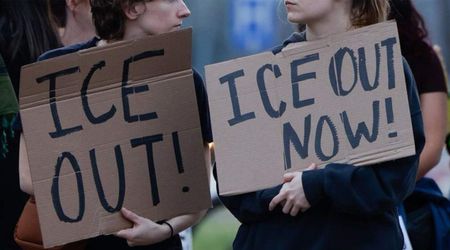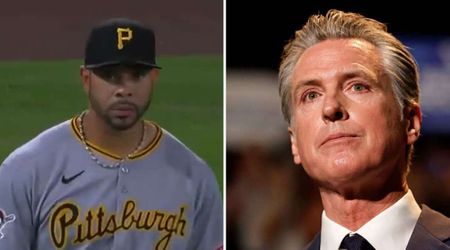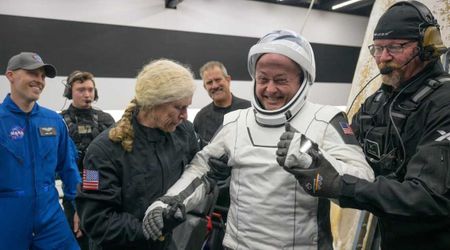Trump’s White House ballroom donors may be rewarded with names etched into historic building
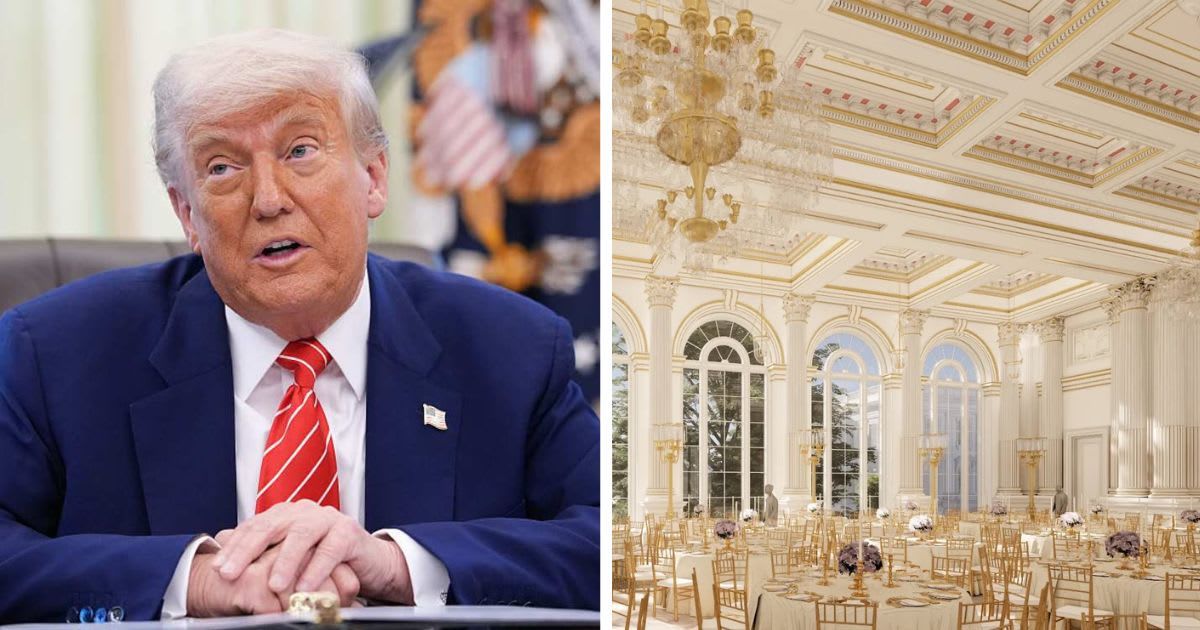
WASHINGTON, DC: President Donald Trump has announced plans for a new White House ballroom. The project will be funded by private companies and wealthy individuals contributing large sums, with the option for donors to have their names permanently etched inside the ballroom.
Donald Trump offers permanent recognition to donors
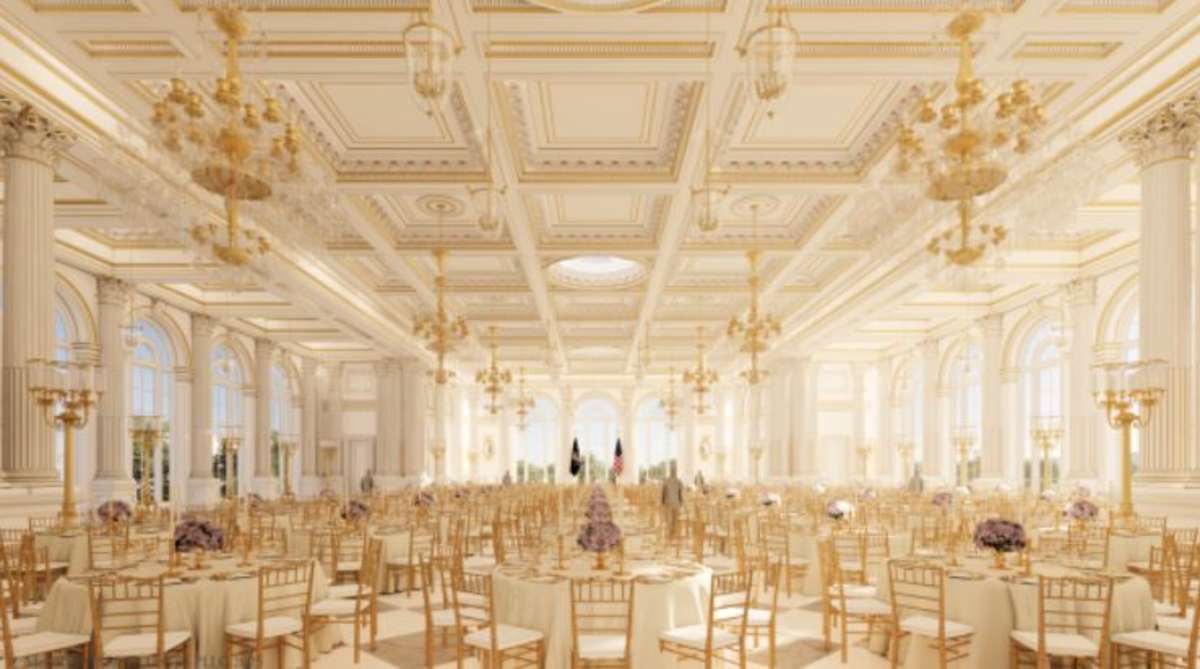
In exchange for their contributions, donors may have their names etched inside the White House permanently. There have also been discussions about listing the donors’ names on a website, though no final decision has been made. The project is estimated to cost between $200 and $250 million, and multiple companies have pledged $5 million or more.
Companies contributing to the project
Major contributors include Google, R.J. Reynolds, Booz Allen Hamilton, Lockheed Martin, Palantir, and NextEra Energy, representing sectors such as tech, manufacturing, banking, and health. Lockheed Martin reportedly pledged more than $10 million, although company officials declined to confirm. Vice President Jalen Drummond said, "Lockheed Martin is grateful for the opportunity to help bring the President's vision to reality and make this addition to the People's House, a powerful symbol of the American ideals we work to defend every day."
Wealthy individuals, including Blackstone Group CEO Stephan Schwarzman, have also pledged contributions. Top Trump fundraiser Meredith O’Rourke is leading the effort alongside the Trust for the National Mall, a non-profit organization. Donors have the choice to remain anonymous if they prefer.
Donald Trump confirms private funding only, no foreign contributions
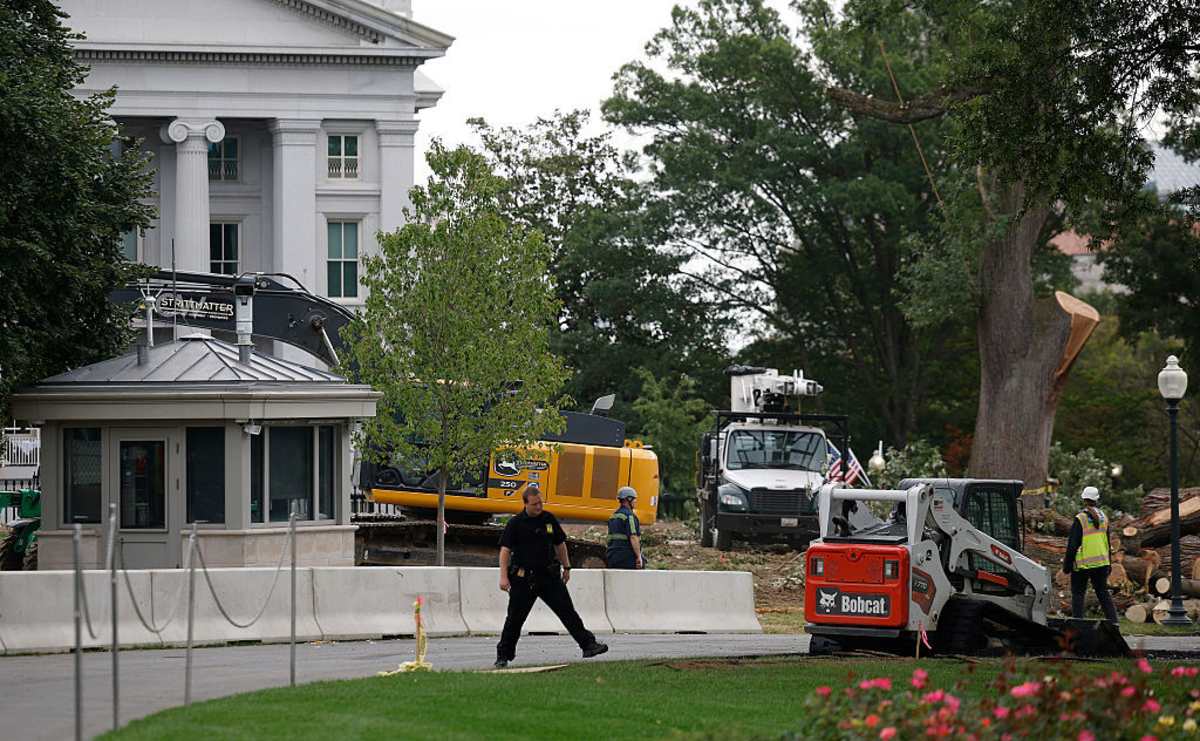
According to contributing companies, their support is motivated by a desire to back Trump as a non-partisan cause that will outlast the current administration. Construction began in early September on the South Lawn.
White House Press Secretary Karoline Leavitt confirmed that the 90,000-square-foot annex will be funded entirely by private donors and Trump himself, with no foreign contributions accepted.
Private donations have long supported Washington landmarks
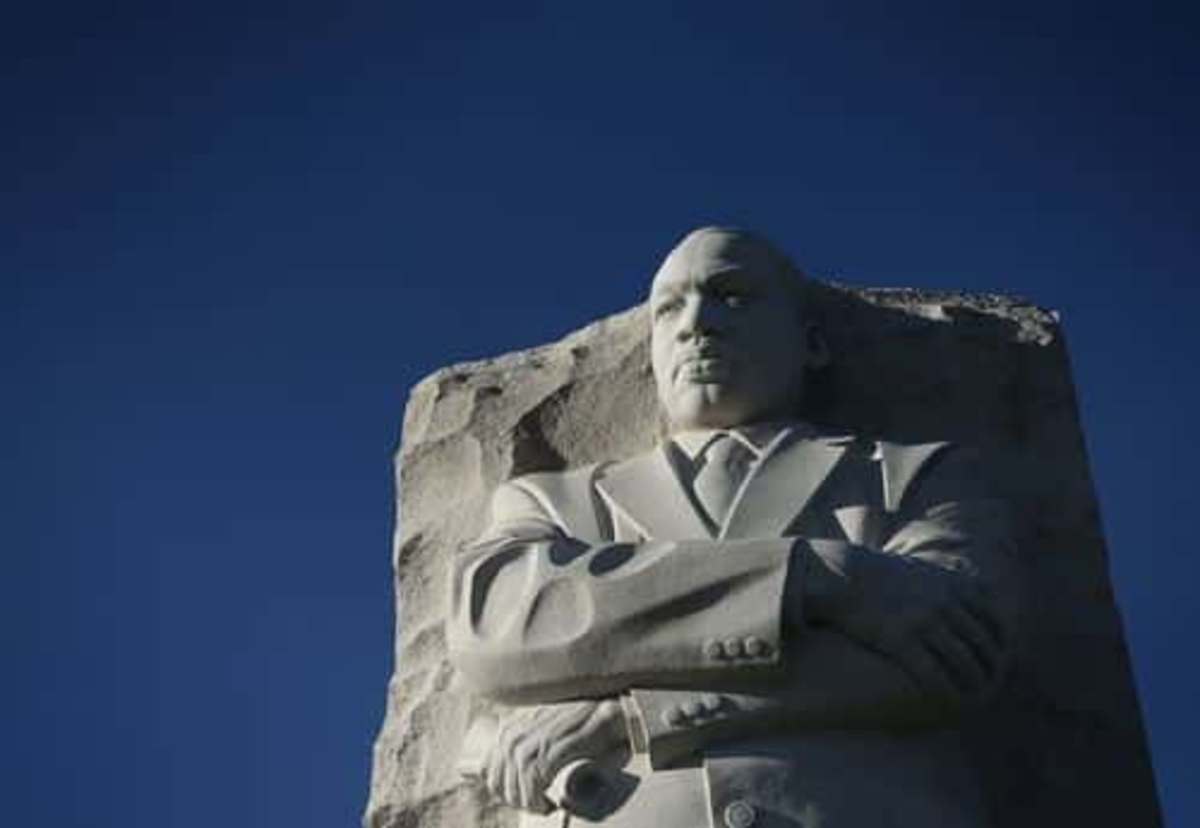
Funding public buildings with private donations is not new in Washington. The Washington Monument, completed in 1885, relied in part on private contributions. Similarly, the Martin Luther King Jr. Memorial, completed in 2011, was largely funded by donations from individuals and organizations.

